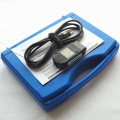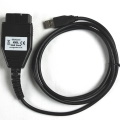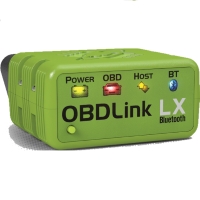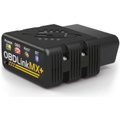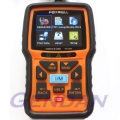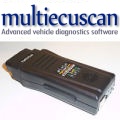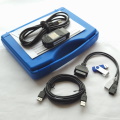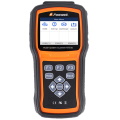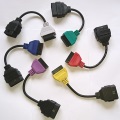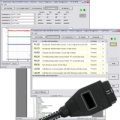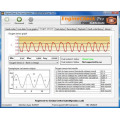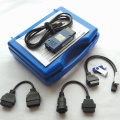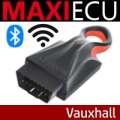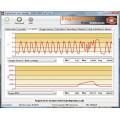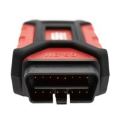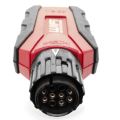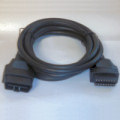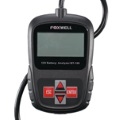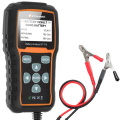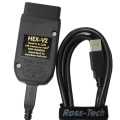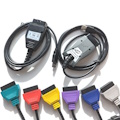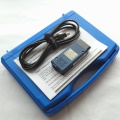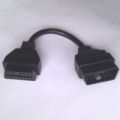- Car fault-finding tools
Handheld EOBD engine tools - All modern cars
PC-based EOBD engine tools - All modern cars
Aston Martin diagnostic tools
Audi, VW, Seat, Skoda tools
BMW, Mini diagnostic tools
Citroën & Peugeot diagnostic tools
Fiat, Alfa Romeo diagnostic tools
Lamborghini diagnostic tools
Land Rover diagnostic tools
Maserati diagnostic tools
Mercedes diagnostic tools
Mitsubishi diagnostic tools
Peugeot & Citroën diagnostic tools
Renault & Dacia diagnostic tools
Rover, MG diagnostic tools
Toyota & Lexus diagnostic tools
Vauxhall, Opel diagnostic tools
VW, Audi, Seat, Skoda tools
- Car servicing tools
Service light reset tools
- Bike Diagnostics
Harley Davidson Motorbike tools
Moto Guzzi motorbike tools
- Tools listed by Brand
- Accessories, updates & clearance
Reference CDs and software
Adaptors and extension cables
Software updates & renewals
- Vehicle parts & sensors
Direct-fit oxygen sensors
Ignition Coils & Coil Packs


























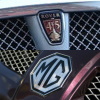














































 Full desktop website
Full desktop website


